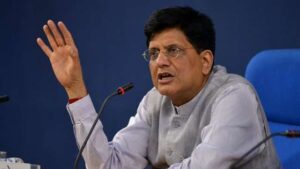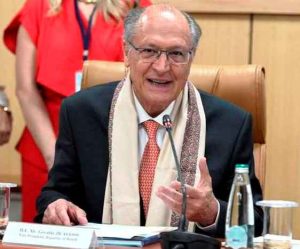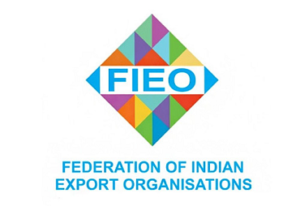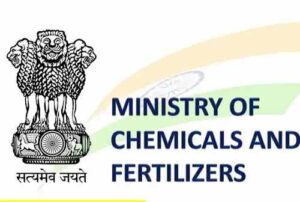New Delhi. : In a welcome development, India’s merchandise exports for September 2024 recorded a marginal growth of 0.5% year-on-year, reaching USD 34.58 billion, despite significant challenges posed by global geopolitical tensions, economic uncertainties, and logistical disruptions. Commenting on this positive trend, FIEO President, Mr. Ashwani Kumar, emphasized that even a modest increase in exports is a positive sign of revival, particularly in the face of such adversities.
Mr. Kumar highlighted that the ongoing international trade disruptions, along with fluctuating crude oil and metal prices, have affected the value of exports. He further pointed out that rising geopolitical tensions, particularly between Israel and Iran, have created logistical hurdles. This is particularly relevant as a significant portion of India’s trade to Europe, Africa, the Commonwealth of Independent States (CIS), and the Gulf region relies on routes passing through the Red Sea or the Gulf region.
While acknowledging the hard work put in by the Indian exporting community, Mr. Kumar expressed concern over challenges related to trade finance, particularly for Micro, Small, and Medium Enterprises (MSMEs). These challenges, he stated, are negatively impacting the competitiveness of Indian products in global markets.
On the import front, Mr. Kumar noted that imports grew by 1.6% to USD 55.36 billion in September 2024, leading to a trade deficit of USD 20.78 billion for the month. He also pointed out an increase in gold imports, which reached USD 4.39 billion in September compared to USD 4.11 billion in the same month last year.
However, Mr. Kumar identified strong growth in sectors such as engineering, chemicals, plastics, pharmaceuticals, readymade garments, and electronics as encouraging signs for job creation in the country.
The FIEO President called for urgent steps to address liquidity challenges, particularly through enhanced interest subvention support and the extension of the Interest Equalisation Scheme for a minimum of five years. He criticized the current cap of Rs 50 lakh per company in the scheme, which he said has hurt MSMEs, and urged for its immediate restoration with a revised cap of Rs 10 crore, benefiting all MSMEs and 410 tariff lines.
Additionally, Mr. Kumar urged the government to extend the RoDTEP (Remission of Duties and Taxes on Export Products) benefits to all export sectors as was the case before the COVID-19 pandemic. He also called for the conclusion of key Free Trade Agreements (FTAs) with countries like the UK, Peru, Oman, and Sri Lanka, which have been under negotiation for some time.
The modest increase in exports amidst a challenging global environment, coupled with the FIEO’s calls for policy support, reflects the resilience of the Indian export sector while signaling the need for continued government action to bolster trade growth.




